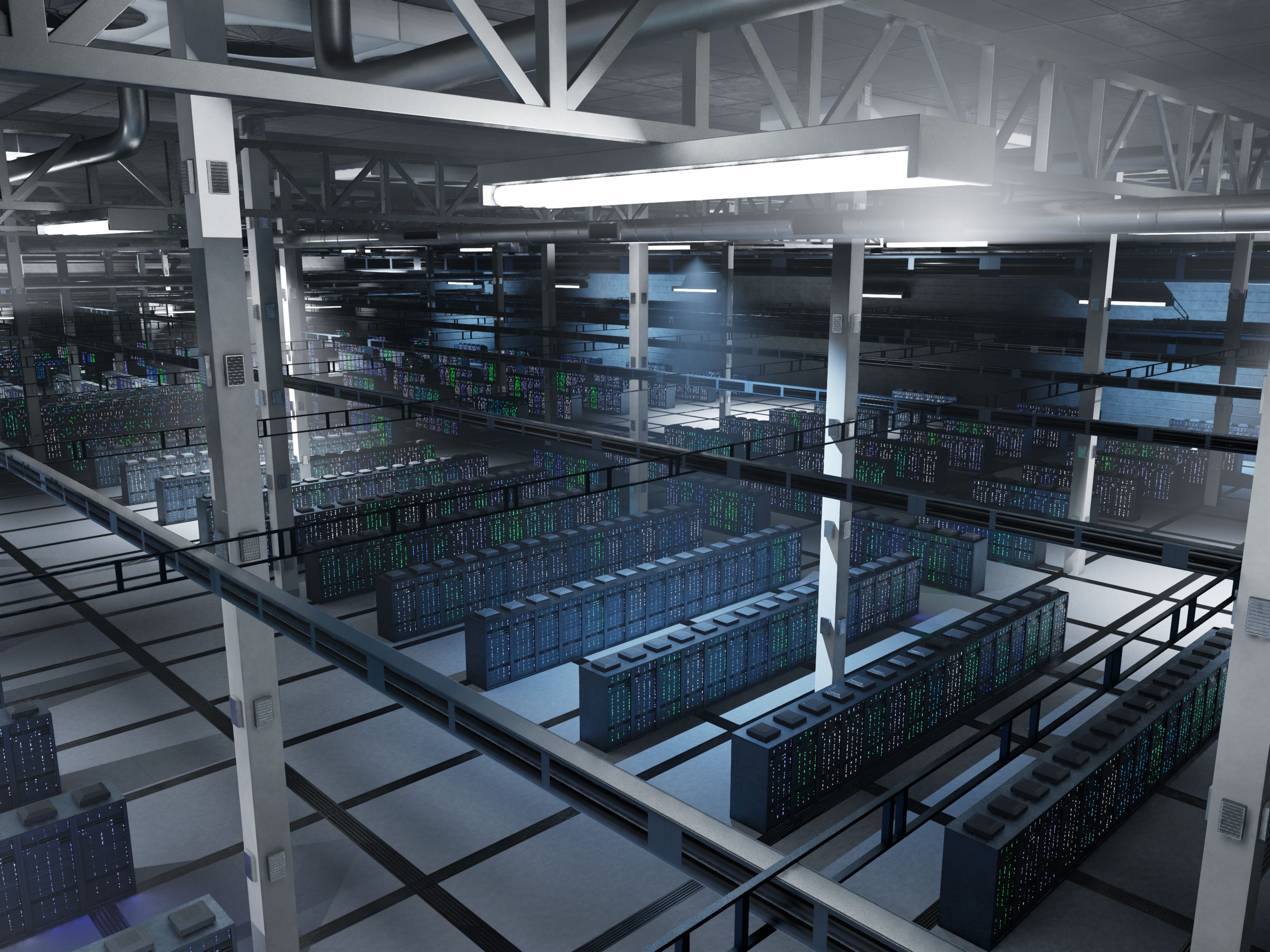Building the Future: The Importance of Infrastructure in Crypto
The Foundation of Crypto: Infrastructure
The burgeoning world of cryptocurrency is not just about digital assets and blockchain technology. At its core, it relies heavily on a robust and evolving infrastructure. Without a solid foundation, the entire ecosystem could falter under its own weight. Infrastructure in the crypto space includes everything from blockchain networks and nodes to decentralized applications (DApps) and exchanges.
Investing in infrastructure ensures that cryptocurrencies can scale effectively while maintaining security and efficiency. As more people enter the space, the demand for seamless transactions and reliable platforms increases exponentially. This makes infrastructure a critical component of the industry's growth and sustainability.

Blockchain Networks: The Backbone of Cryptocurrency
Blockchain networks are the backbone of cryptocurrencies, providing the framework upon which transactions are recorded and verified. These networks need to be scalable to handle the increasing volume of transactions. Innovations such as sharding, sidechains, and layer-2 solutions are being developed to address current limitations and enhance network scalability.
Moreover, security is paramount. Blockchain infrastructures must be resilient against attacks and capable of maintaining trust among users. This is achieved through consensus mechanisms like proof-of-work (PoW) and proof-of-stake (PoS), which ensure that transactions are validated by trustworthy nodes.
Decentralized Applications: Expanding the Ecosystem
Decentralized applications, or DApps, are another vital component of crypto infrastructure. These applications run on blockchain networks and offer various services without relying on centralized entities. DApps are transforming industries from finance to gaming by providing transparency, security, and user empowerment.

The development and deployment of DApps require a robust underlying infrastructure. Blockchains such as Ethereum have led the charge with smart contract functionality, enabling developers to create complex applications effortlessly. However, as the demand for DApps grows, so does the need for more advanced and scalable blockchain networks.
Exchanges: Facilitating Crypto Transactions
Cryptocurrency exchanges play a crucial role in the infrastructure by providing platforms for buying, selling, and trading digital assets. These exchanges are gateways for new users entering the crypto space and seasoned traders looking to diversify their portfolios.
The efficiency and security of these exchanges are vital for maintaining user trust. Decentralized exchanges (DEXs) have gained popularity as they offer enhanced security features by eliminating intermediaries and allowing users to control their funds directly.

The Future of Crypto Infrastructure
As we look towards the future, the evolution of crypto infrastructure is inevitable. With ongoing advancements in blockchain technology and increased investments in infrastructure development, we can expect more secure, efficient, and scalable solutions.
Key areas of focus will include interoperability between different blockchain networks, improving transaction speeds, and reducing energy consumption. These improvements will not only enhance user experience but also broaden the adoption of cryptocurrencies globally.
In conclusion, building a strong infrastructure is essential for the sustainability and growth of the cryptocurrency industry. As we continue to innovate and improve these foundational elements, the potential for cryptocurrencies to revolutionize various sectors becomes increasingly apparent.
